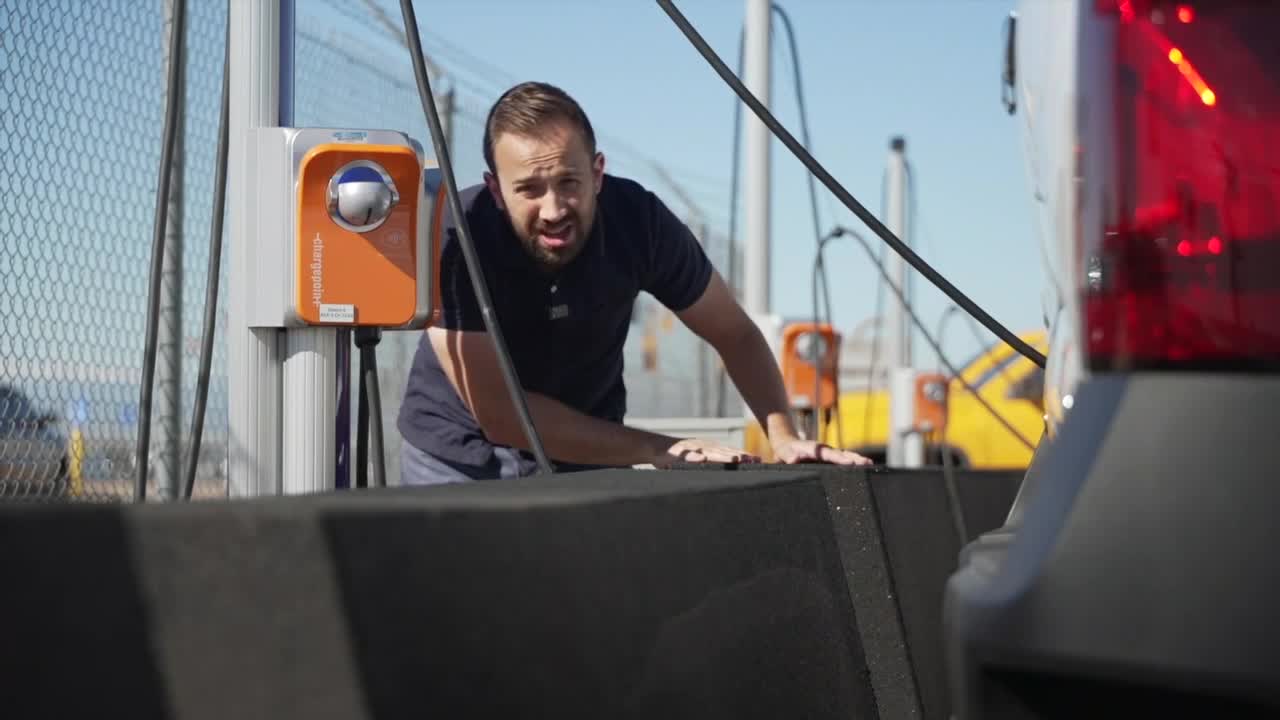DENVER — The fleet maintenance operation at Denver International Airport (DIA) services over 1,200 vehicles from 15 City of Denver departments, and it was named the #1 Green Fleet in the nation by NAFA Fleet Management Association.
“We’re very proud,” Steven Ricci, the director of fleet maintenance at the airport, said. “We’ve been able to prove that operations can still perform at a high-level while being responsible and green, and leading the industry in that area.”

The maintenance facility oversees vehicles ranging from SUVs and pickup trucks to Denver Police Department vehicles, to large fire trucks and snowplows. Currently, 25% of the fleet is considered sustainable — either fully electric or a compressed natural gas (CNG) vehicle. The airport expects to double that number to over 50% of their fleet within the next year.
Even in the cold, Colorado winters, Ricci said the new sustainable vehicles are remarkably dependable.
“They perform really well,” Ricci said. “With electric vehicles, you do lose a little bit of range, so you have to plan ahead for that, but the reliability is tremendous. They're very reliable, and … the cost to maintain an electric vehicle over a traditional gas engine vehicle is a lot less.”

The airport began its shift away from conventional fuels about a decade ago, Ricci said, starting with CNG and hybrid vehicles. About five years ago, as electric vehicle technology advanced, the program expanded into fully electric models including pickups, cargo vans and street sweepers.
The airport has also implemented visible sustainability measures on site, including electric charging stations for their fleet and road barriers that are made entirely from the airport’s recycled tires. Technology limitations remain for heavier vehicles, like the gigantic snow plows that clear off runways, but they plan to adopt sustainable options for those vehicles as soon as they become available.
There are upfront costs to buying green vehicles, Ricci acknowledged, but he said lower fuel and maintenance expenses make them more economical over the life of the vehicle.
“You get a huge savings in the long run,” he said. “As vehicles come up for replacement, it's in our policies that we purchase the greenest vehicle available to perform the job… We only get one planet, so we need to take care of it.”






